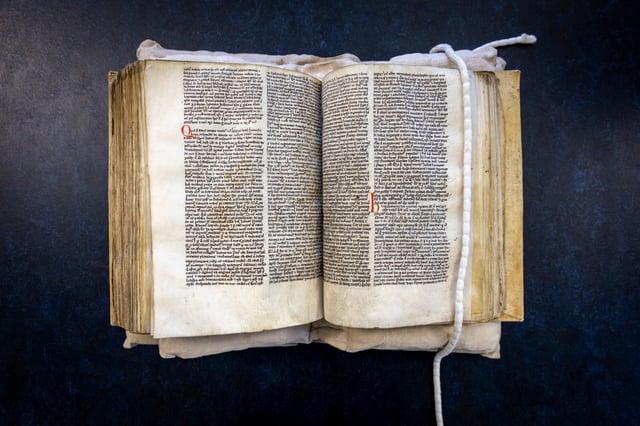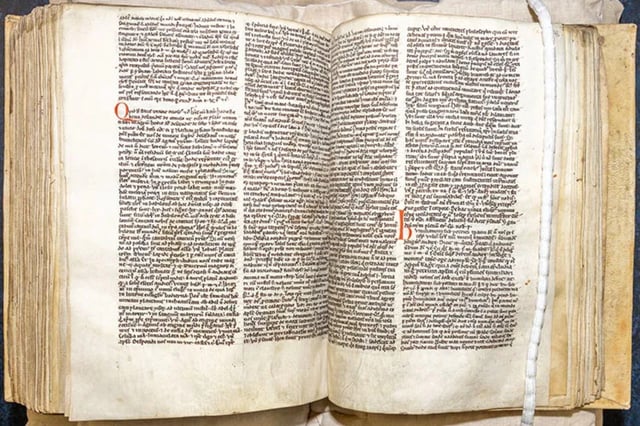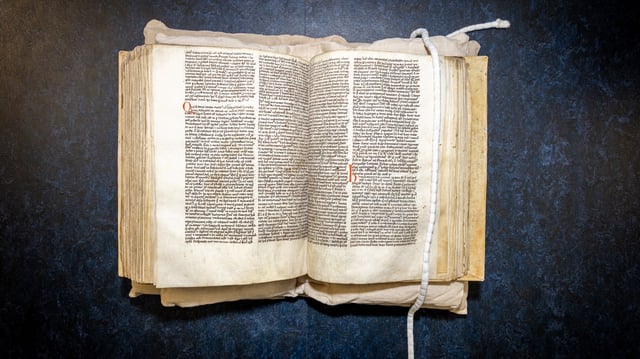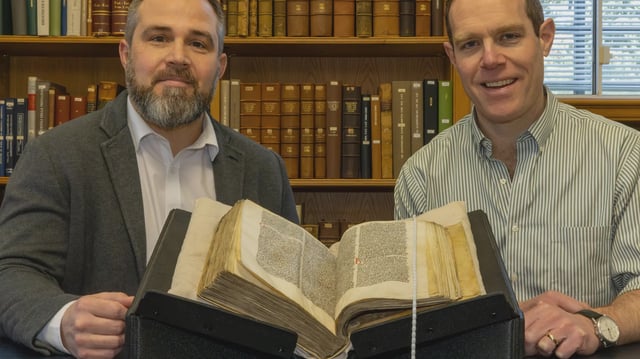Overview
- Researchers identified a misreading in Peterhouse MS 255 caused by a scribal confusion of y and w, correcting “elves” to “wolves.”
- The revised translation reframes the Song of Wade as a 12th-century chivalric romance rather than a monster epic.
- This new reading clarifies Geoffrey Chaucer’s mentions of Wade in Troilus and Criseyde and The Merchant’s Tale.
- Attribution of the Humiliamini sermon fragment now points to Alexander Neckam as its most likely author.
- Analysis of the sermon reveals an early example of medieval preachers using popular tales as memetic devices to engage congregations.



